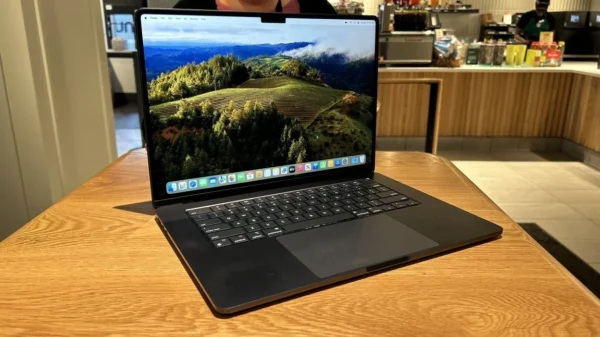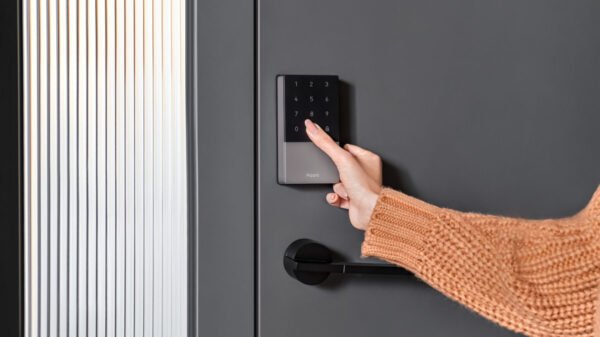Airbnb tests review summaries using GenAI to improve listing reliability. With services that are frequently more adaptable, occasionally less expensive, and more distinctive than its established hospitality competitors, Airbnb has given hotels a severe run for their money. But consistency is one area where Airbnb has faltered: guests frequently complain that postings are inaccurate on Airbnb, and hotels are still seen to offer superior service.
Now, Airbnb is revealing a revamp of guest reviews today to close those gaps and, at the very least, better manage everyone’s expectations. In addition, Airbnb is giving hosts two more options to help highlight more subtle aspects of their homes: a new top-rated badge and facilities for sharing more property details.
As we discussed the upgrades with Brian Chesky, CEO and co-founder of Airbnb, the firm also disclosed some of its plans, which include testing it is conducting to produce review summaries using generative AI. The updates are part of the company’s most recent winter release.
Ultimately, according to Chesky, the company’s top goal was to increase Airbnb’s predictability, as travelers frequently choose hotels because they know what to expect in terms of service.
In an interview, he stated, “Our homes are unique, which is a strength [for us], but their dependability is the big question.” “We don’t want to try to check every home, and we can’t inspect every home. Therefore, we will make far more significant investments in a reputation and review system. We’re improving reviews because of this, and we want to do many more things along those lines.
A carousel at the top of the revamped reviews page will show overall ratings for each category. Reviews may now be sorted by rating or date of publication for users.
The introduction of the new emblem indicates Airbnb’s efforts to use customer service encounters and feedback to determine whether or not the property merits special attention. The “Guest Favorites” badge will be used to identify properties that have received high ratings. Properties must have a 4.9 rating, a cancellation rate of less than 1%, and an incident rate of less than 1% to be eligible for this badge.
Guest Favorites can be compared to the property version of the “Superhost” badge, which hosts can obtain by consistently maintaining an average rating of 4.8 across all of their properties, having a cancellation rate of less than 1%, and having at least ten short-term stays or 100 nights stayed in the previous year. The “Superhost” badge is reviewed every three months, whereas “Guest Favorites” are updated weekly and will be more property-specific.
It remains to be seen if consumers will ever recognize the difference between those two badges. However, there are further reasons for the development of Guest Favorites: the information provides greater transparency to potential guests, and the more regular updating holds hosts more responsible. Additionally, it gives Airbnb an additional means of comprehending its clientele. It may pave the way for introducing other new services, such as user searches that are limited to “Guest Favorites” that surface.
Nevertheless, Chesky acknowledged that the five-star rating system, which was made famous by hotels—ironically, the same sector that Airbnb seeks to upend—is far from ideal.
To begin with, there are plenty of gaming opportunities available at the moment. For instance, a house with 4.6 stars on Airbnb is in the worst 20% of all listings. According to short-term rental analytics company AirDNA, the average review score in the United States in 2022 was 4.75, slightly higher than 4.6 in the rest of the globe. Put another way, this calls into question the purpose of the ratings altogether because many of those “lower” ranked places aren’t that wonderful.
According to AirDNA economist Bram Gallagher, heterogeneity is a significant barrier for businesses like Airbnb, but it also attracts a lot of consumers.
“I don’t think standardizing listings would turn Airbnb into a commodity. A shift toward more excellent information would allay some of the customer apprehension that could be keeping them from using a short-term rental, the speaker added.
Nevertheless, in attempting to address this, Airbnb finds itself in a difficult situation.
“With over 317 million reviews and two out of every three people leaving a review on our platform, we didn’t want to blow up the five-star rating system,” he said. Thus, we’ll work to provide additional context to the rating by using labels like “guest favorites.”
Airbnb is introducing additional options for hosts in order to maintain their sweetness. The home page features an easily navigable “Listings” tab with options for adding amenities and an AI-powered picture tour that automatically arranges host-uploaded photographs by room.
With this update, Airbnb has included a few AI-powered capabilities, but Cheskey stated that more are planned. The test that uses generative AI to generate review summaries is at the top of the list, he said. He pointed out that the summaries may also account for past information, including contacts for customer support.
Additionally, he emphasized how generative AI may enhance features like customer service, search, and the ability to recognize amenities in photographs of a home. It can be very helpful when translating between a host and visitor who speak two different languages well. AI may also assist in swiftly interpreting policy pages to determine what may be pertinent to a problem, benefiting both users and customer support representatives.
In a series of interviews conducted in recent months, Chesky stated that Airbnb is attempting to restructure its core offerings prior to concentrating on new initiatives. There may be one or two releases that concentrate on enhancing accessibility, dependability, and customer support, he informed TechCrunch.
In Q32023, Airbnb brought in $3.4 billion, representing an 18% increase in income year over year. Nonetheless, the business issued cautious caution, stating that it expects “higher volatility early in Q4.”
The company reduced its night booking projection for the financial year 2023 from 455 million to 449 million due to the outlook, Bernstein said in a letter to investors.

















































